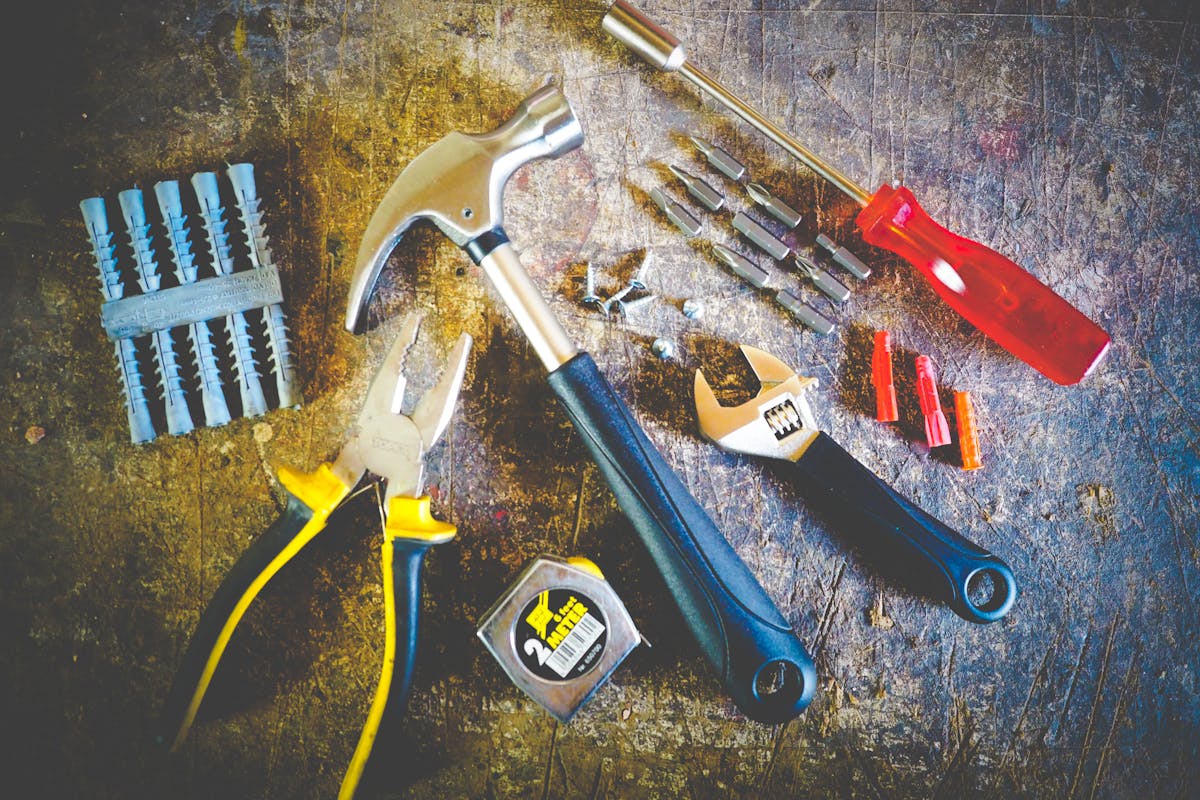Table of Contents
Your fridge is one of the hardest-working appliances in your home, running 24/7 to keep your food fresh. But what happens when it starts consuming more electricity than usual? If your energy bill is rising, it might be time for a fridge repair to improve efficiency and save money. A poorly maintained refrigerator can waste energy, but with the right repairs and maintenance, you can cut down costs while keeping your food fresh.
In this guide, we’ll explore common fridge issues that lead to high electricity bills, energy-efficient repair tips, and when to consider professional help.
Why Is Your Fridge Using Too Much Energy?
Several factors can make your fridge work harder than necessary, increasing electricity consumption:
Dirty Condenser Coils – Dust and debris clogging the coils force your fridge to work harder.
Worn-Out Door Seals – A loose or damaged seal allows cold air to escape, making the compressor overwork.
Overcrowded or Empty Fridge – A packed fridge blocks airflow, while an empty one lacks thermal mass to keep cool.
Old or Faulty Thermostat – An inaccurate thermostat can make the fridge run longer than needed.
Improper Temperature Settings – The recommended fridge temperature is 37–40°F (3–4°C), and the freezer should be at 0°F (-18°C).
If your fridge has any of these issues, fixing them can lead to immediate energy savings.
Energy-Efficient Fridge Repair Tips
1. Clean the Condenser Coils Regularly
The condenser coils at the back or bottom of your fridge play a crucial role in releasing heat. When they are covered in dust, your fridge has to use more energy to stay cool. Cleaning them every six months can improve efficiency and prevent unnecessary energy waste.
2. Check and Replace Faulty Door Seals
A simple way to check your fridge door seal is by closing the door on a piece of paper. If you can pull the paper out easily, the seal isn’t tight enough. Replacing worn-out seals ensures cold air stays inside, reducing the strain on the compressor.
3. Avoid Overloading the Fridge
While keeping your fridge stocked helps maintain a stable temperature, overpacking blocks airflow and forces the fridge to work harder. Organize your food properly and avoid placing hot leftovers inside, as this makes the fridge work extra to cool everything down.
4. Set the Right Temperature
Some people set their fridge too cold, thinking it will preserve food better. However, keeping it at the recommended range (37–40°F) ensures efficiency without excessive energy use. A fridge that’s too cold also makes the compressor run longer than necessary.
5. Defrost Your Freezer If Necessary
If you have an older fridge without an automatic defrost function, ice buildup can make it harder for your appliance to stay energy-efficient. Manually defrosting it when the ice gets over a quarter-inch thick can keep it running smoothly.
6. Upgrade to LED Lighting
Traditional fridge bulbs generate heat, making your fridge use more energy to maintain a cool temperature. Switching to LED lights is a small but effective way to save on energy.
Signs You Need Professional Fridge Repair
Sometimes, a DIY fix isn’t enough. Here are signs that your fridge needs professional attention:
🔹 Constantly Running or Loud Noises – If your fridge is running non-stop or making strange noises, there might be an issue with the motor, fan, or compressor.
🔹 Food Spoiling Faster Than Usual – If your food isn’t staying fresh, the fridge may not be maintaining the correct temperature.
🔹 Water Leaks or Ice Buildup – Excess condensation, leaks, or frost buildup indicate a problem that needs repair.
🔹 High Energy Bills Without Explanation – If your electricity bill has increased significantly, a malfunctioning fridge could be the cause.
When these issues arise, it’s best to hire a refrigerator repair service to diagnose and fix the problem before it worsens.
When to Consider a New Energy-Efficient Fridge
If your fridge is more than 10–15 years old, repairs may only be a temporary fix. Upgrading to an Energy Star-certified refrigerator can cut your energy use by up to 40%. Modern refrigerators come with better insulation, improved compressors, and smart features to optimize energy consumption.
Before replacing your fridge, compare its annual energy consumption with a new model’s rating. If the savings justify the cost, it might be time for an upgrade.
Final Thoughts
A well-maintained fridge not only extends the lifespan of your appliance but also reduces electricity costs. Regular fridge repair, cleaning, and proper usage habits can prevent energy waste and keep your appliance running efficiently. If you notice persistent issues, calling a professional repair service can save you from costly replacements down the line.
Want to lower your energy bill? Start with your fridge!


